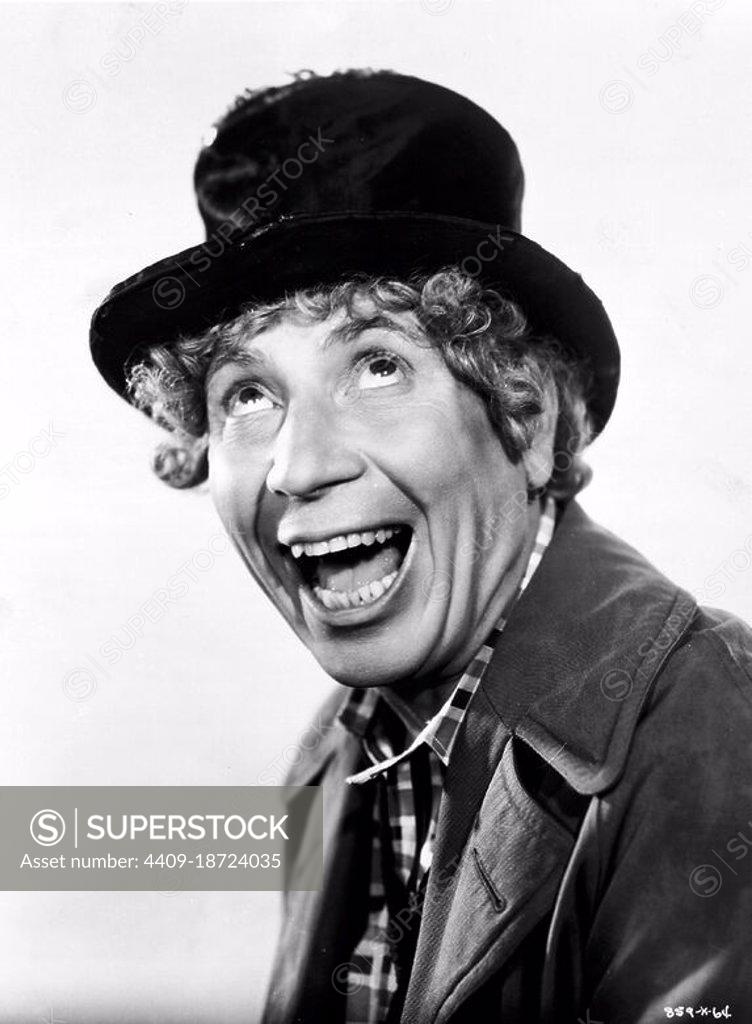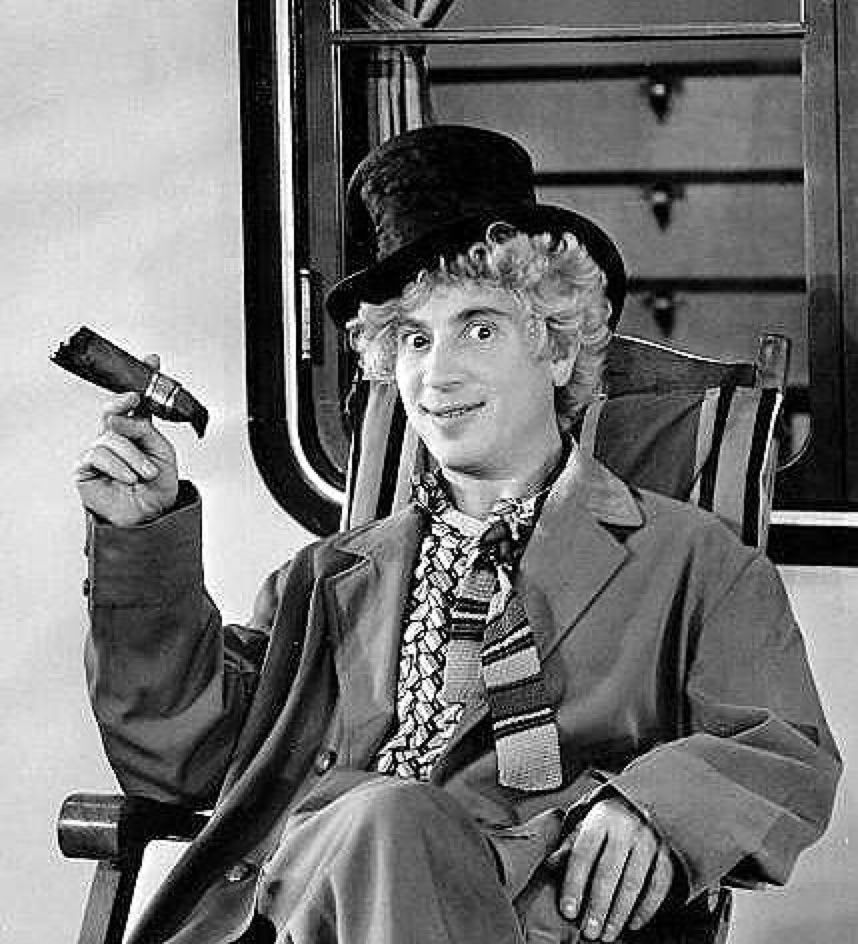Harpo Marx Net Worth: How Much Was The Silent Comedian Worth?
What secrets lie behind the iconic red wig and silent charm of Harpo Marx? Beyond the laughter and the slapstick, a fascinating financial story unfolds, painting a picture of a man whose legacy extends far beyond the silver screen.
Harpo Marx, the silent comedian who captivated audiences with his expressive gestures, musical talents, and signature curly red hair, left an indelible mark on the world of comedy. Born Arthur Marx, he adopted the stage name Harpo, a testament to his mastery of the harp, an instrument that became synonymous with his persona. His comedic style, distinct from his brothers Groucho and Chico, relied heavily on visual gags, clowning, and pantomime, solidifying his place as a vaudeville legend who seamlessly transitioned to the world of film.
The silent member of the Marx Brothers, Harpo drew arguably the most laughs of any of the brothers. His comedic genius spoke volumes, and his legacy continues to inspire audiences to this day. Many people are curious about the financial legacy he left behind, often searching for insights into Harpo Marx's net worth.
His impact on the entertainment industry, however, is undeniable, and his financial standing at the time of his passing is a subject of both interest and speculation. Determining the exact figures can be tricky, but we can paint a picture based on available data and historical context.
| Full Name | Arthur "Harpo" Marx (born Adolph Marx) |
| Born | November 23, 1888 |
| Died | August 19, 1964 (Mount Sinai Hospital, New York City) |
| Age at Death | 70 years |
| Nationality | American |
| Occupation | Comedian, Actor, Musician |
| Known For | Silent comedy, visual gags, harp playing, roles in "Duck Soup," "Animal Crackers," and "A Night at the Opera" |
| Marital Status | Married to Susan Fleming |
| Children | Adopted four children |
| Net Worth at Death (Estimated) | Various estimates exist, ranging from $1.5 million to $5 million at the time of his death. This would be the equivalent of approximately $15 million to $60 million in today's dollars, adjusted for inflation. |
| Notable Traits | Silent comedy style, use of props (horn, wig, hat), expressive body language, musical talent, known for a frugal lifestyle despite success. |
| Reference | Wikipedia |
The most quoted estimates place Harpo's net worth at the time of his death in 1964 somewhere in the vicinity of $2 million to $5 million. Adjusted for inflation, these figures translate to a significantly larger sum in modern dollars, reflecting the true value of his accumulated wealth. One source suggests the $2 million figure, which today equates to roughly $15 million. However, other sources, like the ones mentioned, propose figures in the range of $5 million at the time of his death. This estimate would translate to about $60 million in 2024.
It is important to note that these are estimates. Precise financial records from that era can be difficult to access, and the value of assets can fluctuate. However, these figures offer a valuable insight into the success Harpo achieved during his lifetime.
The Marx Brothers, comprised of Groucho, Harpo, Chico, Gummo, and Zeppo, revolutionized comedy with their unique blend of wit, physical humor, and musical talent. While each brother possessed a distinct comedic style, Harpo's silent antics resonated deeply with audiences, making him a fan favorite.
Harpo was born in New York City, the third of the five Marx Brothers. The brothers honed their comedic skills in vaudeville, learning to work together to create a cohesive and entertaining show. Growing up in poverty, the Marx brothers started performing in vaudeville to make ends meet.
In stark contrast to the verbal sparring of his brother Groucho and the linguistic humor of Chico, Harpos comedy was a study in silence. He used his expressive physicality, a honking horn, and props to create a uniquely visual performance. He often wore a signature blond wig and top hat. His performance style drew upon vaudeville, clowning, and pantomime traditions, which allowed him to connect with audiences on a universal level.
Harpo's frugality is a recurring theme in anecdotes about his life. While he enjoyed significant financial success, he wasn't one to flaunt his wealth. He was known to be a shrewd investor, focusing on his family and his passion for music. This fiscal prudence allowed him to accumulate a considerable fortune over the course of his career.
Harpo's filmography is filled with iconic roles. He is perhaps best known for his roles in "Duck Soup," "Animal Crackers," and "A Night at the Opera," films that showcase his exceptional comedic timing and visual gags. These films remain beloved by audiences today and are a testament to his lasting influence.
Harpos success was not without its personal side. Though known for chasing women in his movies, he was a devoted father and husband. He was married to Susan Fleming, and they adopted four children. His personal life, like his professional one, offers further insight into the kind of man he was.
His health was already failing when he was admitted to Mount Sinai Hospital, where he died of pneumonia on August 19, 1964, at the age of 70. His passing marked the end of an era, a time when comedy was not simply about jokes but about the total performance.
The estimates of his net worth are subject to some variance, and they are difficult to definitively pin down. This can be attributed to several factors. Firstly, financial records from the 1960s are not always as readily accessible as they are today. Secondly, the value of assets can change over time, influenced by inflation and market conditions. However, with these caveats in mind, the most commonly cited figures offer a fascinating glimpse into Harpos financial achievements.
Harpo Marx was born on November 23, 1888, in New York City. His actual name was Arthur Marx, but he became known as Harpo. He was the third of the five Marx Brothers, and his brothers included Groucho, Chico, Gummo, and Zeppo. His character was defined by his signature red wig, a top hat, and his silence, which was made up of expressive body language. He communicated with the audience using his body language and, of course, the ever-present honking horn.
Harpo's journey began on the vaudeville stage, where he and his brothers started their careers. Early on, they were known as the Three Nightingales. It was during this time that the brothers' uncle, Al Shean, wrote new acts for them, which helped the act gain momentum. They honed their skills, learning the art of comedic timing and audience engagement. This early experience was instrumental in shaping Harpos comedic style.
The Marx Brothers' transition to film was seamless. Harpo's silent persona perfectly suited the visual nature of cinema. He became a staple in many classic movies, including Duck Soup, Animal Crackers, and A Night at the Opera. His performances brought in countless laughs and endeared him to millions. His ability to convey humor without uttering a word was a testament to his comedic genius.
Harpo's estate, according to celebrity net worth, was worth $2.8 million, or $12 million in modern dollars when adjusted for inflation. The estate and the division of his assets have been the subject of legal issues. As reported by Entertainment Weekly, Fleming and Marx's children began fighting in court before the comedian's death, as Marx's family thought Fleming was abusing their father.
Harpo's life was not without its complexities. His family and personal relationships are a vital part of his story. Accounts indicate that despite his playful on-screen persona, he was committed to his family. Harpo was a devoted husband to his wife, Susan Fleming, and a caring father to his adopted children. He invested in them and his passion for music. His investment in his family life, as much as his financial investments, highlights his character.
Harpo Marx's legacy continues to resonate with audiences today. His influence on comedy is undeniable. His impact extends far beyond his films. He has left an indelible mark on the world of entertainment, demonstrating the enduring power of visual comedy and the importance of silent artistry.
The story of Harpo Marx is a story of success, financial acumen, and a lasting impact on the world of comedy. While specific net worth figures may vary, the overall picture reveals a man who achieved considerable wealth and built a lasting legacy. His contributions to the art of comedy are still studied and celebrated, and his influence can be seen in the work of comedians around the world.



Detail Author:
- Name : Sylvester Adams
- Email : dickens.susie@braun.net
- Birthdate : 2000-08-01
- Address : 73527 Fisher Divide Gaylordton, WV 59108
- Phone : 1-669-876-6426
- Company : Boehm Group
- Job : Parts Salesperson
- Bio : Voluptatem dolorem eos qui alias officiis. Dicta tenetur inventore eum voluptatibus tenetur et. Omnis inventore qui reiciendis nulla.